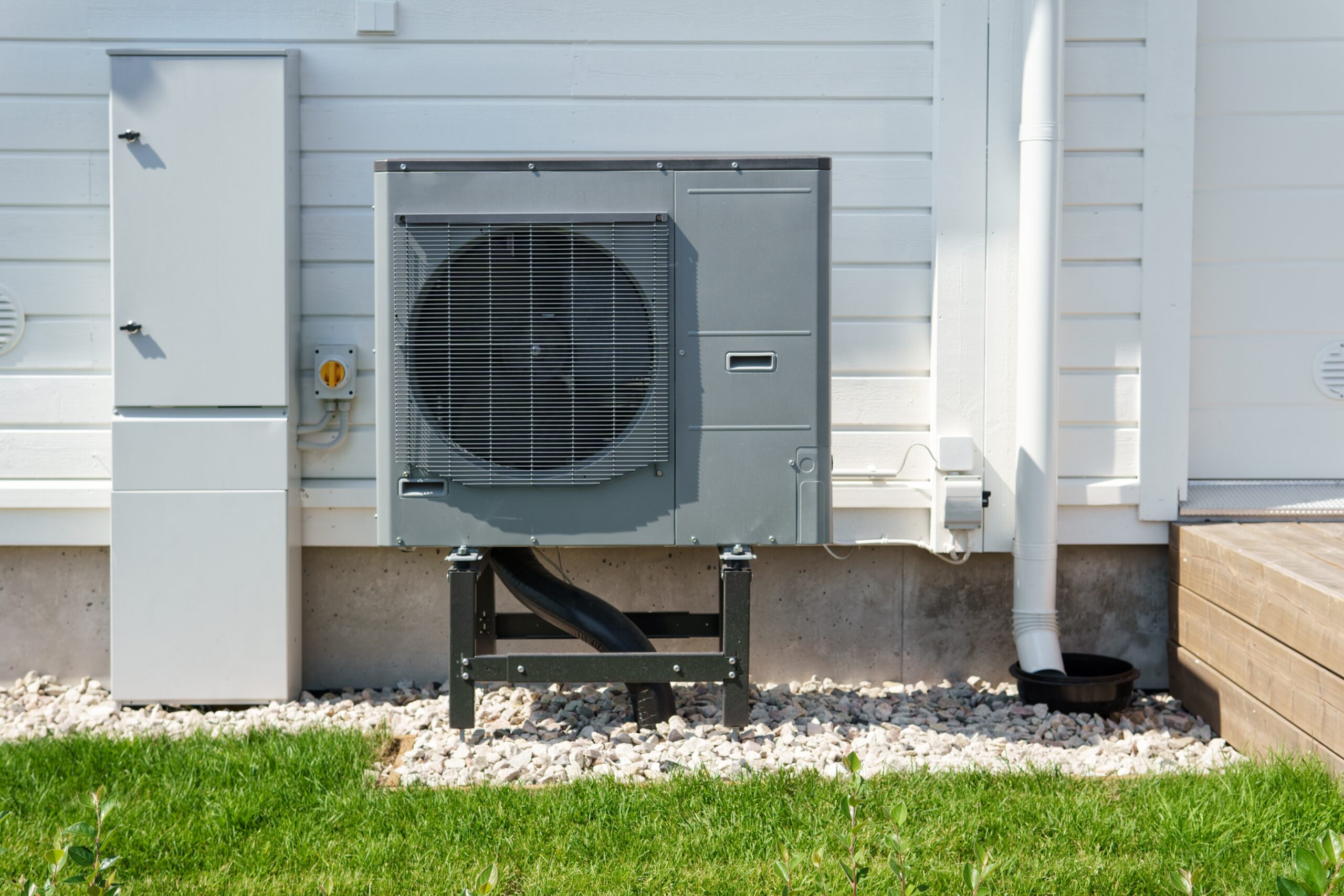Whether you’re looking to replace your old, inefficient AC or just want to upgrade to a more efficient model, you have probably found yourself stuck in a decision between a traditional air conditioner or a heat pump. While there are many similarities between the two, there are also some significant differences that can help make your decision making process easier.
Home Efficiency Experts has over 18 years of experience helping Long Island residents make their homes more comfortable and efficient with our home performance and HVAC system services. Our team can guide you through the different cooling options and help you choose the best one for your needs, all while making sure you maximize your savings with available incentives.
The Difference Between a Heat Pump & Air Conditioner
Heat pumps and air conditioners both run on electricity and work similarly to a refrigerator—only one that’s large-scale and cools your home. Where the difference is between the two cooling systems is that a heat pump can also work in reverse to provide efficient heating during winter months. Cold climate heat pumps are even better than regular heat pumps, and are designed to continue working efficiently and effectively even in cold Long Island weather conditions.
Unless you use a window AC or another form of portable cooling system, an air conditioner connects to your central duct system and delivers cool air to your home via a line of refrigerant. Ducted heat pumps work in the same way to replace heat and humidity with cool air. However, when a heat pump is in heating mode the line of refrigerant will allow it to extract heat from the outdoors—even from below freezing temperatures. Both HVAC systems utilize an outdoor compressor to pump refrigerant and an indoor unit to circulate conditioned air.
Ductless mini split heat pumps can do everything that a ducted heat pump can, except without the need to connect to a duct system. Mini split heat pumps still use an outdoor compressor to pressurize the line of refrigerant—however instead of a single indoor unit to transfer air, mini split heat pumps have indoor air handling units in each room or zone. These handlers, which are often called “heads”, allow you to customize the temperature between different areas of your home and save energy by not heating or cooling unoccupied rooms.
Heat Pumps Have More Benefits
Even though a heat pump and air conditioner are similar, there are still a few drastic differences between them when it comes to their efficiency, cost, and versatility. Let’s dive into how heat pumps and air conditioners compare:
Energy Efficiency
Heat pumps and high-efficiency air conditioners work in pretty much the same way to keep your home cool throughout the summer, meaning you will see a minimal difference in efficiency between them during the warmer months. However, since heat pumps move heat rather than generate it, they are much more efficient than traditional gas or propane furnaces that use fossil fuel combustion.
Cost
While the exact cost of a heat pump or air conditioner varies depending on your home’s specific energy needs and what model you choose, a heat pump will usually qualify for more rebates and incentives. Some of the incentives currently available for heat pump installation in Long Island, include:
- Up to $2,000 in federal tax credits, up to 30% of the total cost for heat pump installation with the 25C Tax Credit
- Thousands of dollars in PSEG rebates for whole-house heat pump installation (the actual rebate amount will depend on the specific unit—we’ll help you calculate your total savings!)
When you also factor in the energy savings throughout the lifespan of your cooling system, a heat pump can bring the most savings to your Long Island home.
Versatility
With the ability to both heat and cool your home, a heat pump is a great option for homeowners that are looking to replace their air conditioner and furnace. Even if your furnace isn’t quite ready for a replacement, the overall energy savings a heat pump can provide are worth it.
Mini split heat pumps also have the benefit of providing supplemental heating and cooling in hard to condition areas of a home, like a bedroom or bonus room. With their room-by-room controls you’ll save on your energy bills with whole-home installation or supplemental air conditioning.
Find the Right Cooling System For Your Home With Home Efficiency Experts
With any HVAC system, we want to stress the importance of ensuring that your home is equipped with proper insulation and air sealed to optimize their performance. That’s why the Home Efficiency Experts team recommends starting every home upgrade with a free home energy assessment to identify areas of energy waste and inefficiencies. With our expertise and an in-depth analysis of your home’s performance, we can help you get the most out of your new cooling system, lower your energy costs all year round, and maximize your energy efficiency.
